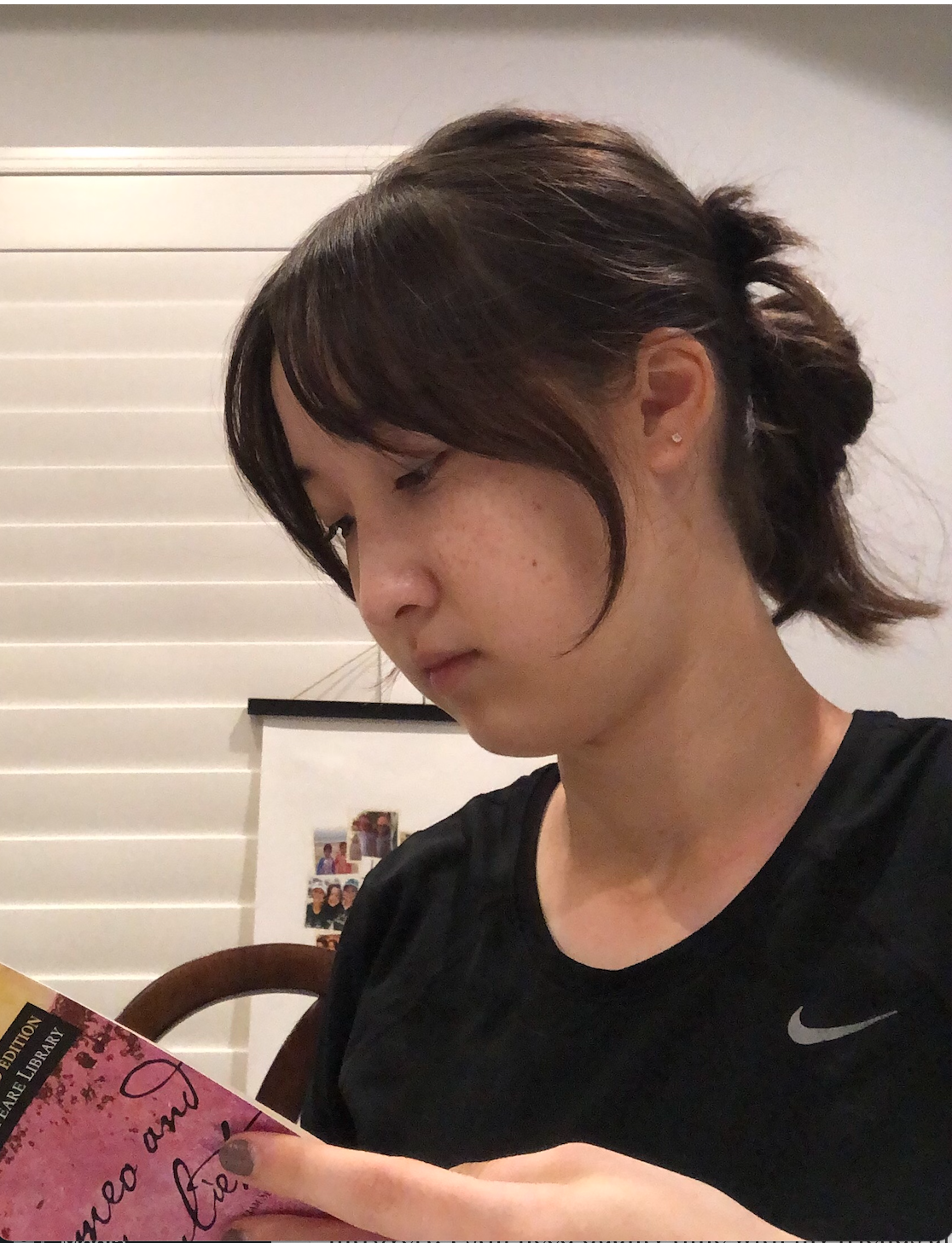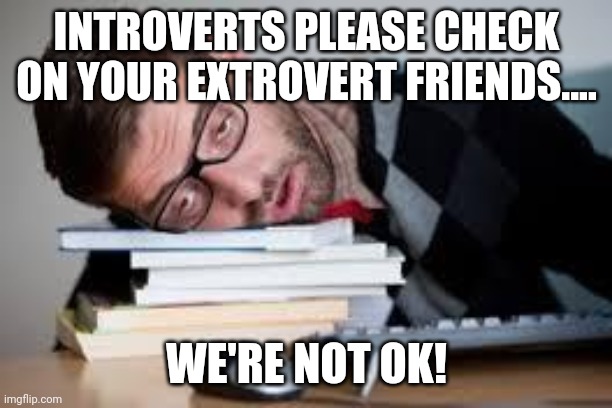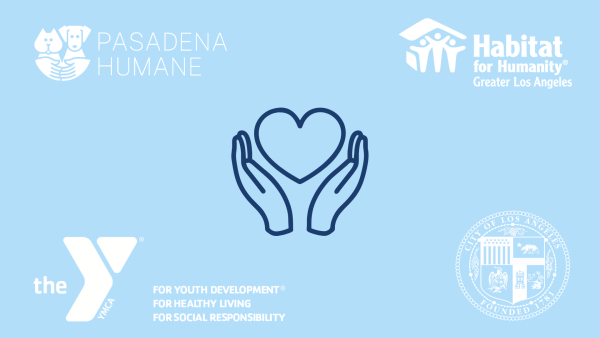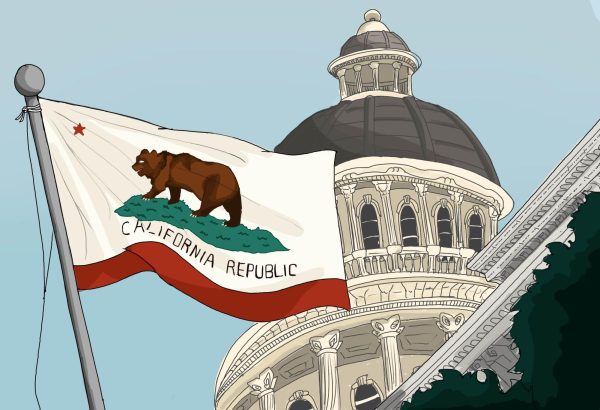Quarantine: An Introvert’s Paradise or Nightmare?
Graded discussions, big group gatherings, and almost all other aspects of school are some of the many ways in which societal expectations are geared towards extroverts’ strengths and values. What seems like a quick in-class sharing of ideas to an extroverted student may feel like pre-vomit, nausea-inducing anxiety to an introverted student. Even outside of participation-based projects and school settings, introverts can often find themselves at a disadvantage in professional and social settings.
Although introversion versus extroversion is typically thought of as the “quiet and shy” people versus the “social and outgoing” people, the terms can actually be defined by the response to social stimulation. Extroverts enjoy and recharge their batteries with high stimulation, whereas introverts seek out environments with low stimulation to feel their best, which often means spending time alone or with a small group of people.
Going into the pandemic, many thought this would be the once-in-a-lifetime opportunity for introverts to gain the upper hand. After all, introverts already have experience, preferring to spend hours alone in their houses, locked away from the rest of the energy-consuming world. Memes like, “check on your extroverted friends, they’re not ok” gained popularity on social media as a way to sympathize with extroverts not used to not being surrounded by friends. Even a New York Times article, Loving the Lockdown, stated, “Of course, this couldn’t be a better situation for introverts who have long found the world to be too much with them.”
 In the beginning, many introverts did indeed find themselves with an advantage. “I think initially the introverts were more ok with [quarantine]. They were like, ‘Oh my goodness, I’m home, and I don’t feel as tired because I’m not running around as much,’” shared Lisa Carruthers, Westridge’s Director of Counseling and Student Support and introvert. “But I think over time, what I’ve heard is that the people I know are tired of it. They’re realizing, ‘Yes, I’m an introvert, but I do need people, and I can’t learn like this. I can’t keep going like this.’”
In the beginning, many introverts did indeed find themselves with an advantage. “I think initially the introverts were more ok with [quarantine]. They were like, ‘Oh my goodness, I’m home, and I don’t feel as tired because I’m not running around as much,’” shared Lisa Carruthers, Westridge’s Director of Counseling and Student Support and introvert. “But I think over time, what I’ve heard is that the people I know are tired of it. They’re realizing, ‘Yes, I’m an introvert, but I do need people, and I can’t learn like this. I can’t keep going like this.’”
Introverted students who were used to high levels of daily social interaction have grown tired of the pandemic, despite not loving being around people all the time. “Now I just need to leave. Whenever I can leave, I have to leave. Before, social interaction was stressful, but now I just try to get that as much as I can,” said Maria G. I. ’24.
In an experiment recently performed at Greater Divide, a marketing research and data science consultancy, 1000 American adults were surveyed. The participants were required to fill out a series of personality tests, including one that determined extroversion versus introversion. Participants also had to report how positively or negatively COVID-19 had impacted their mental health. They discovered that people who scored higher with extraversion were less likely to experience mental health issues as a result of the quarantine.
Christopher Soto, a Professor of personality psychology at Colby College in Maine, was not surprised by the results. “Compared with introverts, extroverts tend to experience more frequent and intense positive emotions,” he said. “This makes it easier for them to maintain a positive mood in everyday life. It also helps them stay optimistic in the face of difficult circumstances, like the current crisis.”
Another reason may be that extroverts already have a large group of friends, acquaintances, and connections who are just one text away. “Extroverts tend to use social media platforms more frequently and have larger online social networks,” added Soto. “This may make it easier for them to stay socially connected, even while stuck at home during the current crisis.”
Remote learning has left some introverts and extroverts feeling that their amount of friends has shrunk during this time. “I suspect that introverts possibly have a smaller group of friends, so it’s possible coming out of the pandemic their friend list has whittled down to a much smaller cohort. Extroverts have also lost contact with some of their friends because they don’t have the occasion to keep up with as many people,” observed Carruthers.
Remote learning has also added another layer of difficulty for introverts who are often asked to be video present and unmuted. Many now feel a secondary level of stress about talking in front of their teachers and peers. The mute button has become a shield for many introverts to hide behind. “Talking is so much bigger of a deal because you have to unmute. I get unmuting stress, and then I just don’t participate,” said Ivy A. ’24.
Some introverts have actually found this time to be exactly what they needed: time to reflect and rest. “When I hang out with extroverted people, then after a while I get tired of being so energetic, and I always need to recharge. I feel like quarantine has helped me take a break from people,” said Elizabeth W. ’24.

Recently, with the end of the pandemic in sight, questions like “Will introverts be more extroverted now?” have arisen. It may seem that after an entire year of isolation, people are bound to want interaction as much as possible, right? This is not necessarily the case. “I’ve also heard some students that talk about when they do go out now, that they feel even more drained than they normally would expect because they’ve gotten used to being at home in their own space,” Carruthers said. “Social interactions are more draining to them than they were prior to the pandemic.”
Humans are social creatures, and the varying degrees of comfort with and need for social engagement vary from person to person, introvert or not. Few introverts actually want to continue to be isolated. “Just because I’m an introvert doesn’t mean I don’t need social interaction. People often misunderstand that being an introvert means you’re a hermit, which is not the same. As an introvert, I still need quality time with my friends and need to hang out with them for the sake of my mental health,” said Ivy A. ’24.

Eliza is a senior and the Editor in Chief of Spyglass this year. This is her fifth year on staff and her third year as an editor. Outside of Spyglass,...




























![Dr. Zanita Kelly, Director of Lower and Middle School, pictured above, and the rest of Westridge Administration were instrumental to providing Westridge faculty and staff the support they needed after the Eaton fire. "[Teachers] are part of the community," said Dr. Kelly. "Just like our families and students."](https://westridgespyglass.org/wp-content/uploads/2025/03/dr.-kellyyy-1-e1748143600809.png)


























